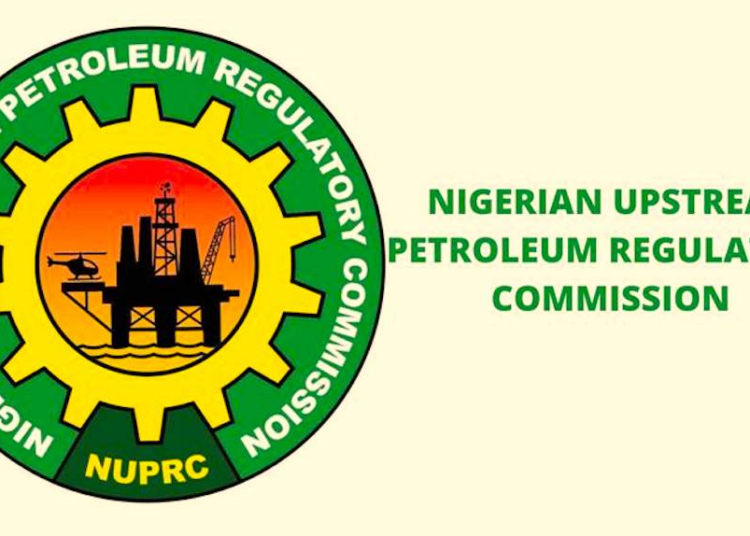The Nigerian Upstream Petroleum Regulatory Commission (NUPRC) has said that creating a standalone agency to decommission, abandon, and restore oil and gas infrastructure would negatively impact the federal government’s initiatives to improve business ease.
A director in NUPRC, Emmanuel Macjaja, said this at a public hearing on the National Commission for Decommissioning of Oil and Gas Installations (NC-DOGI) bill, 2024, organised by the House of Representatives Committee on Petroleum Resources (Upstream) in Abuja on Thursday.
Macjaja said creating a separate agency would undermine the regulatory clarity and predictability principle the Petroleum Industry Act (PIA), 2021 sought to achieve.
He said the PIA 2021 clearly delineated the roles of NUPRC (for upstream) and MDPRA (for midstream/downstream), which are effectively discharging decommissioning and abandonment regulatory responsibilities.
“Creating NC-DOGI will introduce unnecessary overlaps in responsibilities that could delay project approvals, increase transaction costs for investors, and undermine accountability, especially in enforcing the cementing of decommissioning and abandonment fund utilisation.
“The House Committee on Petroleum Resources (Upstream) is respectfully urged to maintain decommissioning and abandonment oversight within the existing petroleum regulatory framework (NUPRC and NMDPRA).
“This approach will ensure technical coherence, economic efficiency, and alignment with the PlA 2021 and global standards, thereby safeguarding Nigeria’s interest in the oil and gas sector and promoting the Federal Government’s ease of business initiatives,” Macjaja stated.
In his remarks, the committee’s chairman, Hon. Alhassan Ado-Doguwa, said that Nigeria’s petroleum industry has continued to face challenges in decommissioning and abandoning oil and gas facilities over the years.
According to him, these challenges have had environmental, economic, and social impacts, particularly on host communities. Hence, a closer look at whether the existing regulatory frameworks are sufficient or need to be strengthened and whether establishing a dedicated body, such as the proposed Commission, would better serve national interests.
“The NC-DOGI bill, a House leadership-sponsored bill, is a significant legislative proposal because it addresses matters that directly affect the welfare of our people, the protection of our environment, and the livelihood of host communities within oil-producing regions.
“It reflects parliament’s commitment to ensuring that the growth of the oil and gas sector aligns with environmental responsibility and sustainable community development.
“As a committee, we wish to emphasise that today’s exercise is not an investigative hearing, nor is it intended to predetermine the outcome of this legislative proposal. Our role is to listen objectively, collate all viewpoints, and evaluate them carefully before presenting our recommendations to the House,” he added.





